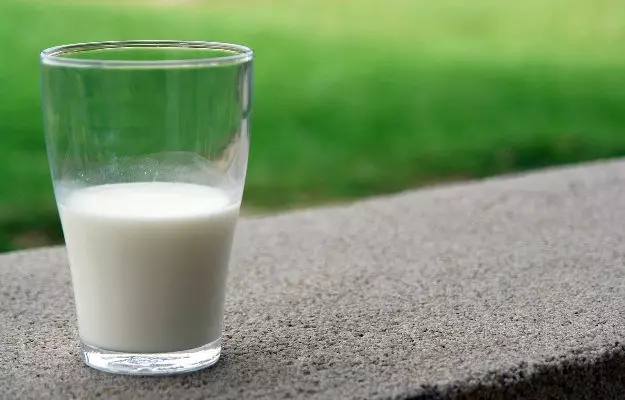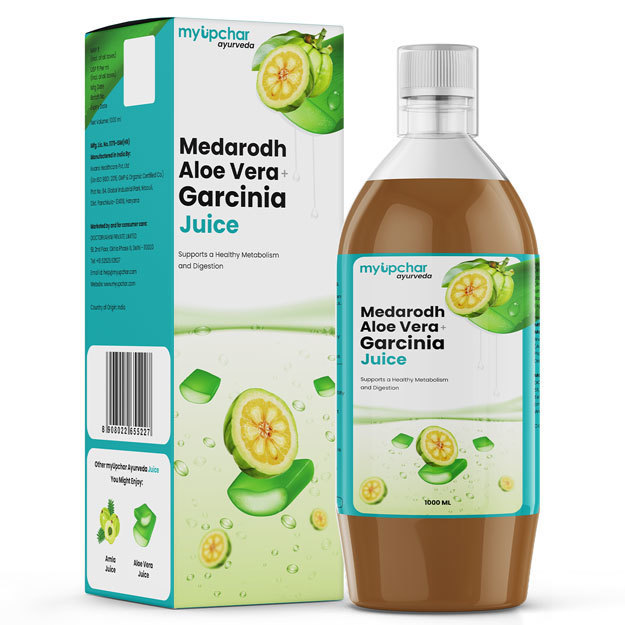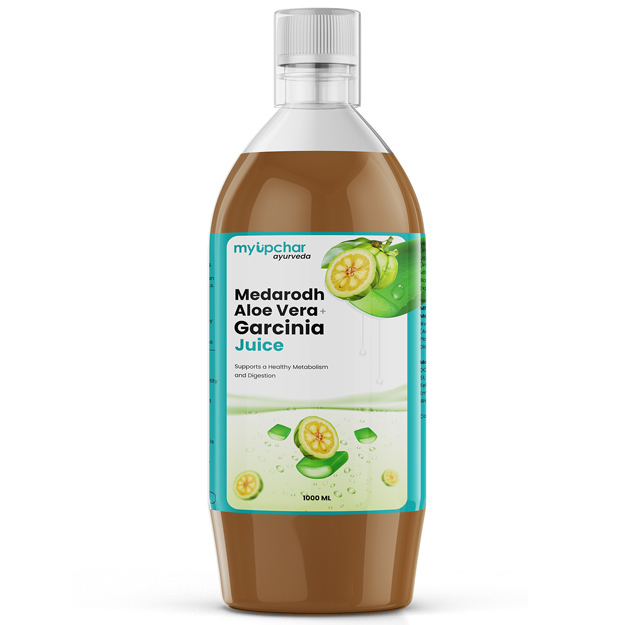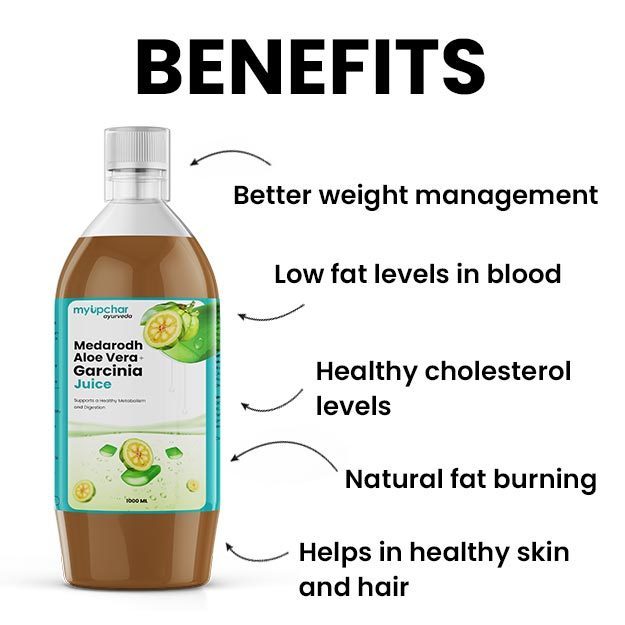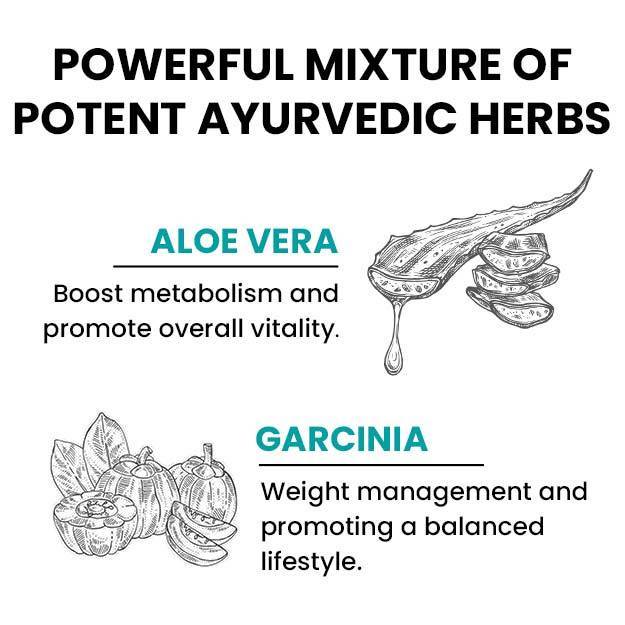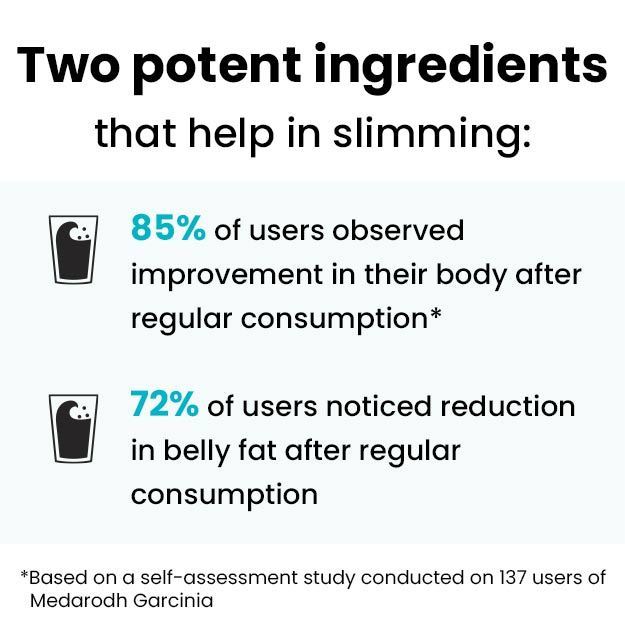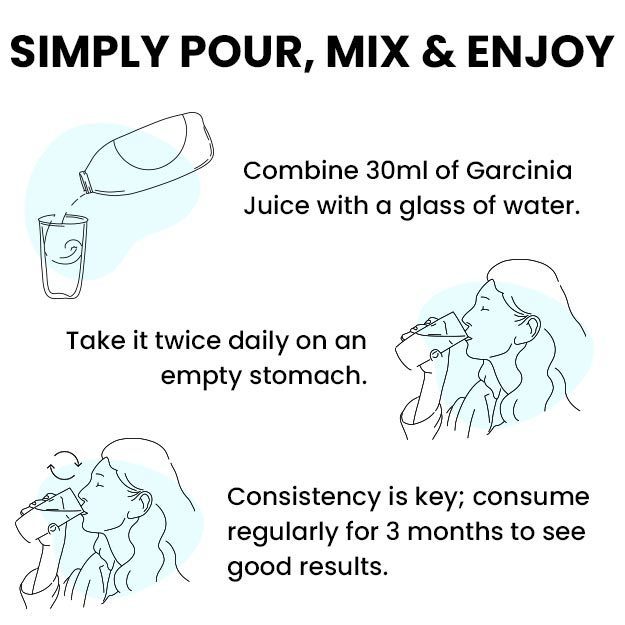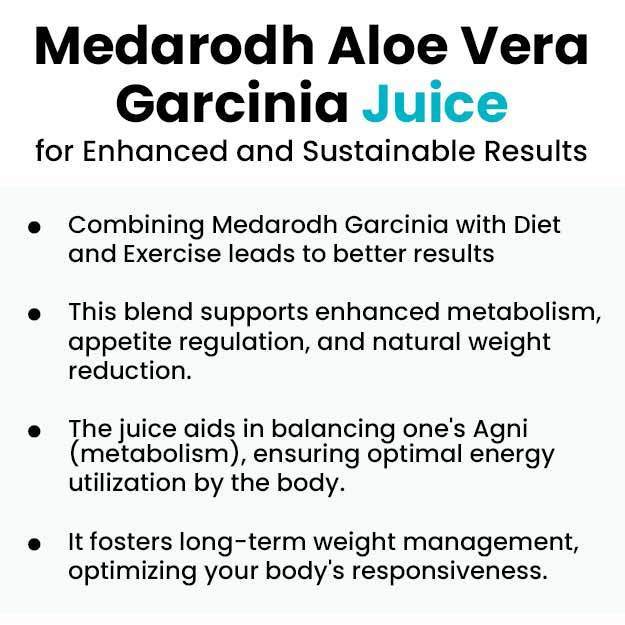Milk is a wholesome and nutritious food that constitutes one of the most important parts of a balanced diet. It contains all the nutrients in just the right amount. In fact, it is one of the richest sources of proteins and calcium that makes it a perfect supplement for building muscle and bone health. According to popular belief, one main reason why country folks are healthier is that they get pure milk in required amounts. And why not. Apart from being highly nutritious, it also helps in the growth of helpful bacteria in the gut and the vitamin A present in milk is a blessing for the eyes. A healthy gut has a huge contribution towards good health.
According to the Food Safety and Standards of India, milk is defined as the mammary secretion from the female mammals, without adding or removing anything from it. Unfortunately, it is really difficult to find pure milk these days. It is usually adulterated by adding water or other substances to it. These fraudulent acts deteriorate the quality of milk and in some cases make it unfit for human consumption. Various units are being set up all over India to test the quality of milk and milk products so as to provide good quality unadulterated milk to everyone.
Around the world, there are over half a dozen billion who frequently consume milk and milk-based foods. Milk products like tea, butter curd, yoghurt, cream, and cheese are consumed in almost every meal all around the world. Drinks like lassi and chach constitute an essential part of traditional Indian diets and hot cakes are probably one of the oldest American recipe made from milk. In fact, It is one among the essential parts of the human meal since ancient times. The U.S. Department of Agriculture (USDA) strictly mentioned in its eatery pointers to incorporate milk and milk products to make a healthy and balanced diet. Milk is usually obtained from animals like cow, buffalo, and goat. Milk has to be boiled before it is consumed for safety purposes. However, it loses some of its nutrients if it is boiled for a prolonged time. It is also available in pasteurised and sterilized forms in the market which can be taken directly from the carton.
Some basic facts about Milk::
- Common Hindi and Sanskrit name: दूध ( Dudh, doodh), दुग्ध ( Dugdh).M
- Milk production in the world: According to the Food and Agriculture Organisation of the UN, India is the largest milk producer in the world. It produces 18% of the world milk. However, the major portion of Indian milk comes from buffaloes. The USA, China, Pakistan, and Brazil follow shortly after India in terms of total milk production.
- Fun facts:
- A cow produces a mean of 6.3 gallons of milk every day and 350,000 glasses of milk in a span of life.
- Cows eat around a hundred pounds of food daily and consume fifty gallons of water.
- To get the level of calcium in an 8-ounce glass of milk, you’d eat simply a 1/4th cup of broccoli, seven oranges or six slices of wheat bread.
- Farmers don’t measure milk in gallons but in pounds.
- NDDB or the National Dairy Development Board is the central authority responsible for milk quality and quantity in India, it has been set up by the government of India and has its headquarters at Anand, Gujarat.

